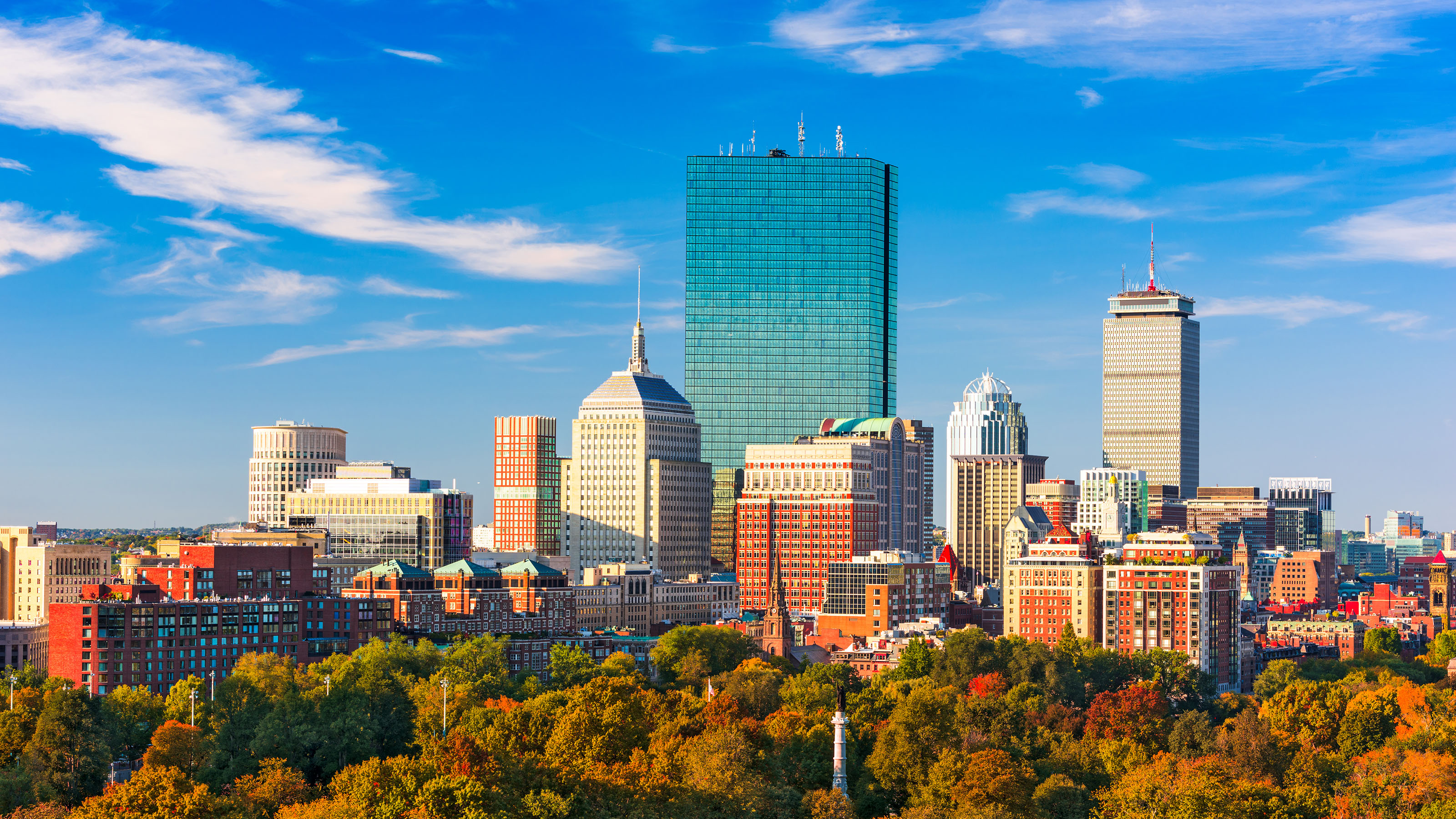
Fall is the season for real estate developers in Boston, Massachusetts to apply for significant tax breaks. The aim is to convert office buildings into residential housing. Boston Mayor Michelle Wu has proposed this new tax incentive to tackle the issue of empty offices in Boston post-pandemic and to increase foot traffic, which is essential for small businesses in cities to thrive. High rent prices in Boston and other places like New York City have made affordable housing even more crucial.
“One building could potentially create hundreds of new housing units that could include a lot of affordable units,” Mayor Wu told Boston Public Rado hosts during a recent "Ask the Mayor” segment. “Every little bit helps in our housing crisis,” Wu said.
Tax Incentives for Boston Offices
Converting office buildings into residential housing is challenging and expensive. As Wu explained, this is partly because not all buildings are suitable for residential housing conversions. But also, to make the numbers work for all involved, the property value of the building must be low. According to Wu, older buildings with adaptable floor plans could ease the conversion and even a few buildings that contain a couple hundred units could benefit Bostonians.
- Applications for the program, PLAN Downtown, can be submitted beginning this fall. The tax incentive is a 75% reduction of the standard tax rate for residential units up to 29 years.
- The program would be supported by a public-private partnership involving "payment in lieu of taxes" agreements.
- Among other requirements, eligible projects must meet zoning and other standards involving affordable units and energy efficiency and begin construction by October 2025.
Rent Control in Boston Ma. and Average Rent
The tax incentive to convert offices to residential housing comes as average apartment rent in Boston ranges from around $3,400 to $3,700 or more depending on several factors like the number of bedrooms, amenities, and location. Rent.com reports that a one-bedroom apartment in Boston averages $2,500 a month.
And although rent remains high in Boston, there’s also apparently limited supply for demand. A Rent Cafe report rated Boston among the top 20 most competitive rental markets in 2023, with Bostonians competing with about 13 other renters on average for each available apartment.
Meanwhile, rent control, also known as "rent stabilization," has been a widely discussed topic in Boston. Recently, a proposal by Wu to limit rent increases in the city and offer additional protections for tenants was approved by the Boston City Council. However, the proposal still requires support from the Massachusetts legislature.
Opponents of rent control for Boston have argued that it could disadvantage landlords that rely on rental income (like retirees for example), and renters not covered by proposed rent caps.







